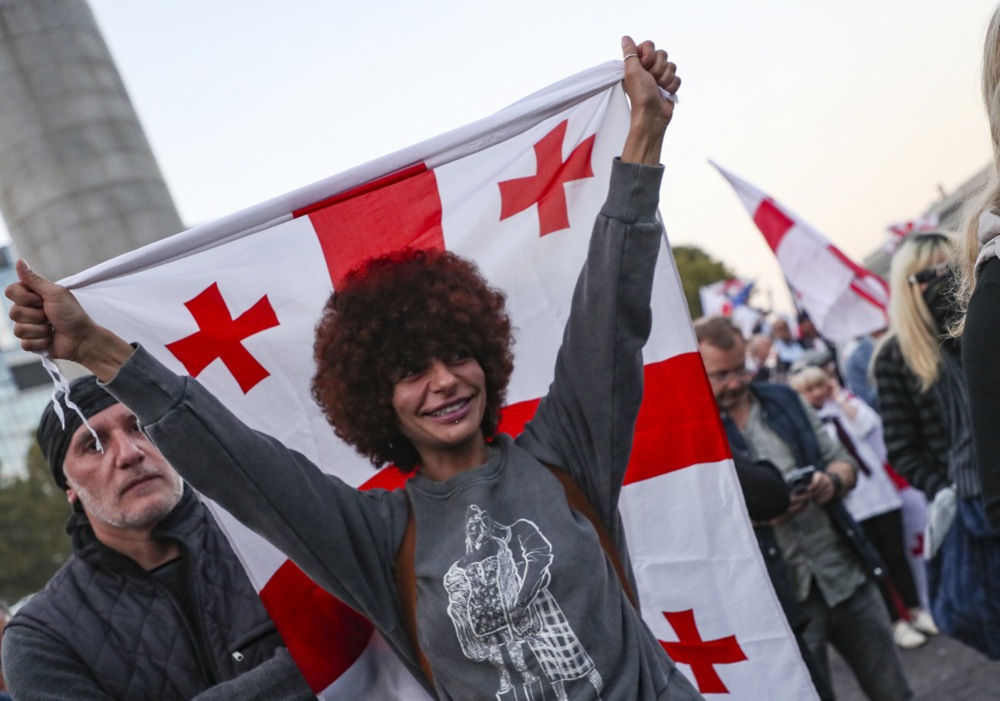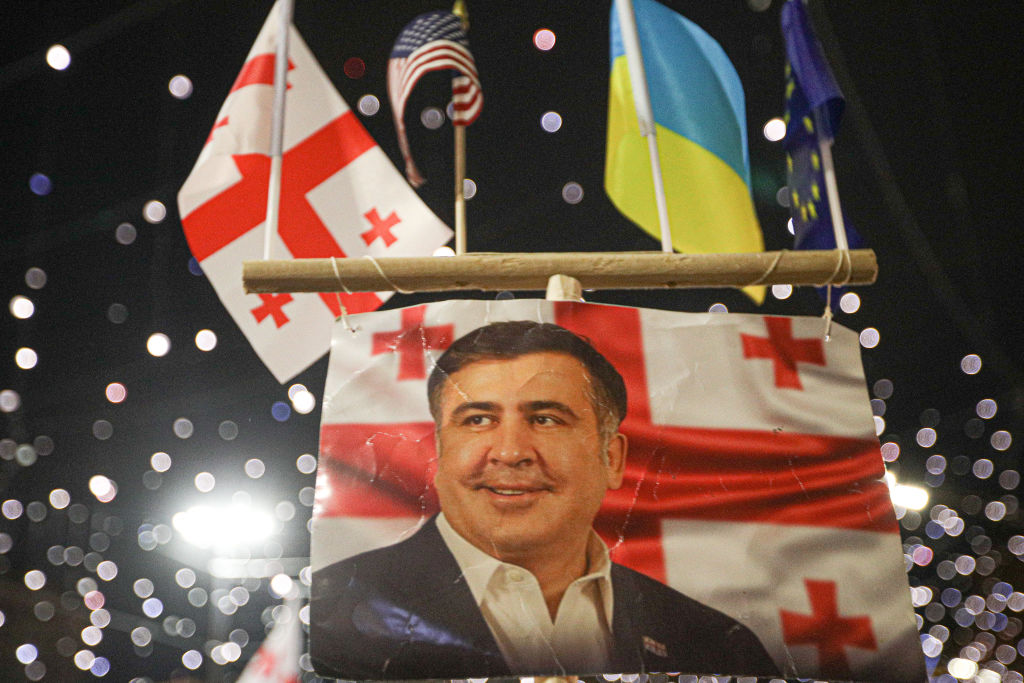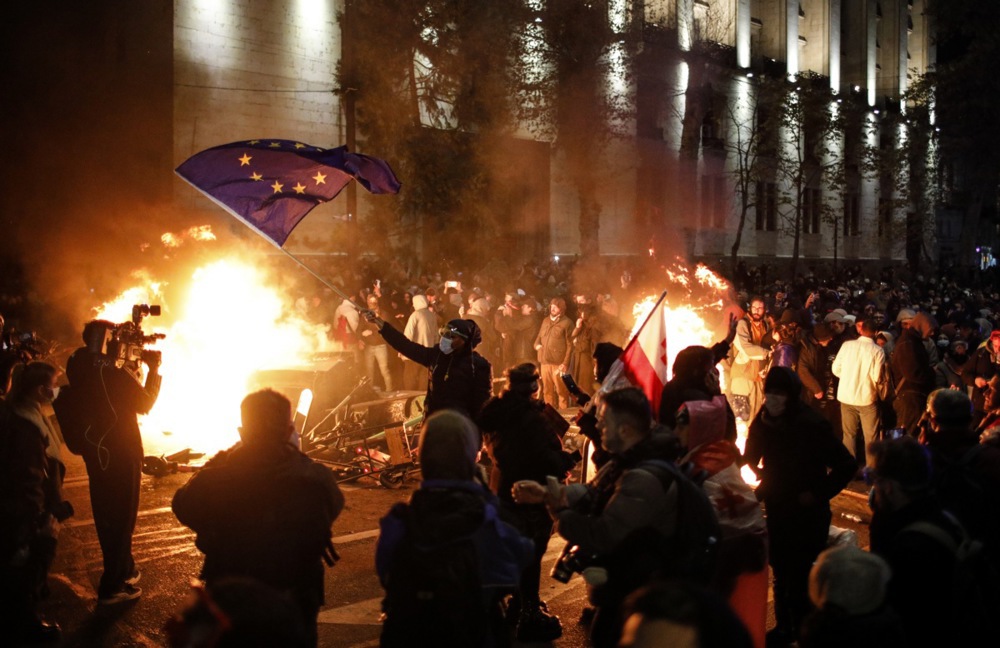Georgia’s ruling Georgian Dream party has lodged a constitutional lawsuit to ban the three largest opposition parties.
The move announced on October 28 has escalated fears of authoritarian consolidation in the European Union candidate nation just weeks after local elections.
Parliament Speaker Shalva Papuashvili, a senior Georgian Dream figure, revealed the filing targeting the United National Movement (UNM), the Ahali-led Coalition for Change and the Strong Georgia bloc (Lelo alliance) parties.
The move invokes Article 23 of the Georgian Constitution, which prohibits parties whose activities threaten the constitutional order, State independence or territorial integrity.
Papuashvili alleged the three parties “practically continuously deny both the domestic-political and foreign-political legitimacy of the current government and the ruling political party of Georgia and, accordingly, its constitutionality.”
The lawsuit draws on the findings of a parliamentary investigative commission established in February to probe alleged “anti-State actions” by UNM-led governments from 2003 to 2012, extended to cover post-2012 opposition activities.
It referred to the parties declaring the 2024 parliamentary elections “illegitimate”, efforts to forcibly enter the parliament and launching calls to overthrow the government.
Georgian Dream accuses the groups of ties to jailed ex-president Mikheil Saakashvili – founder of UNM – and labels them a “collective UNM” plotting to destabilise the country, including by provoking conflict with Russia.
Papuashvili emphasised the parties’ size and influence as justification, sparing smaller allies for now but vowing to monitor for “successor” formations.
The suit excludes Giorgi Gakharia’s For Georgia party, which ended a year-long parliamentary boycott on October 20, potentially signalling room for limited opposition engagement.
This pre-electoral pledge dates back to September 2024, involving Prime Minister Irakli Kobakhidze and founder of his Georgian Dream party, Bidzina Ivanishvili. The billionaire ex-premier – widely viewed as Georgia’s de facto ruler – had promised to outlaw pro-western rivals if his party secured a supermajority in the October 2024 parliamentary vote.
Georgian Dream, which retained power amid fraud allegations and opposition boycotts, followed through after unrest during this year’s October 4 local elections that included protests and arrests, which it cited as evidence of opposition threats.
Opposition leaders decried the action as a desperate bid to entrench power.
Ahali’s Tengiz Tevzadze called it a sign of the “regime’s weakness and fear of national forces in fair elections”, while Lelo accused Ivanishvili of “abolishing democracy”.
UNM, which two of the targeted parties have criticised in the past, framed it as an assault on Georgia’s pro-EU path.
The filing follows legislative changes in May easing party bans: Courts can now outlaw groups, with members permanently barred from politics.
Critics, including the EU and US, have long warned of democratic backsliding, exacerbated by the 2024 “foreign agents” law and a new anti-LGBTQ+ bill, which led to frozen EU accession talks.
Georgian Dream insists it remains committed to EU membership – but on terms preserving “traditional Orthodox Christian values” and “peaceful ties with Russia”.
Georgia’s Constitutional Court, perceived as aligned with the ruling party, has yet to schedule hearings but analysts predict swift rulings that could trigger fresh protests and further isolate Tbilisi from Brussels.
A controversial top-secret German intelligence report on the right-wing Alternative for Germany party that could lead to a total ban on the insurgent political group has been leaked in full online. https://t.co/YvJ2kdH9wJ
— Brussels Signal (@brusselssignal) May 14, 2025





